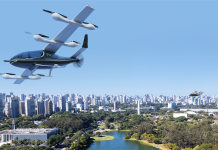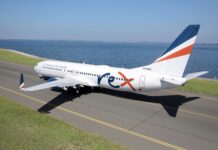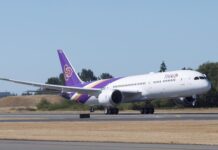 Korean Air has launched a new Application Programming Interface (API)-based solution that enables direct integration between its cargo system and its customers’ in-house systems. The initiative is part of the airline’s response to rapid e-commerce growth and the increasing market demand for greater logistics transparency and efficiency.
Korean Air has launched a new Application Programming Interface (API)-based solution that enables direct integration between its cargo system and its customers’ in-house systems. The initiative is part of the airline’s response to rapid e-commerce growth and the increasing market demand for greater logistics transparency and efficiency.
The new API solution allows for the real-time exchange of data. This integration enables customers to perform key tasks such as checking schedules, viewing rates, making reservations, and transmitting waybills directly from proprietary platforms without having to access a separate system.
“This API integration is a key part of our digital transformation,” said a Korean Air representative. “We are proactively enhancing our operations to lead innovation and solidify our position as a leading global air cargo airline.”
Korean Air ranks among the world’s top five cargo companies and is the largest transpacific air freight carrier in terms of capacity. Korean Air’s global network spans 116 cities in 39 countries, supported by a freighter network covering 46 cities in 27 countries. The airline has a fleet of 164 aircraft, including 23 dedicated freighters. Its cargo fleet includes next generation Boeing 777F and 747-8F freighter that deliver higher fuel efficiency and reduced CO2 emissions.
Korean Air Cargo owns and operates a state-of-the art cargo terminal of 100,000 square meters at its main hub at Incheon International Airport (ICN), and has dedicated cargo terminals in New York, Los Angeles, Narita and Osaka. Korean Air Cargo also operates the Cool Cargo Center in Incheon, a specialised facility capable of storing and processing over 150 tons of fresh cargo, a key facility for cold chain transportation.



















